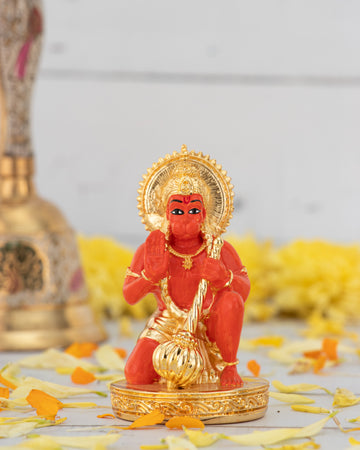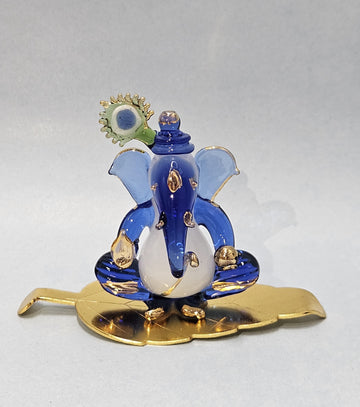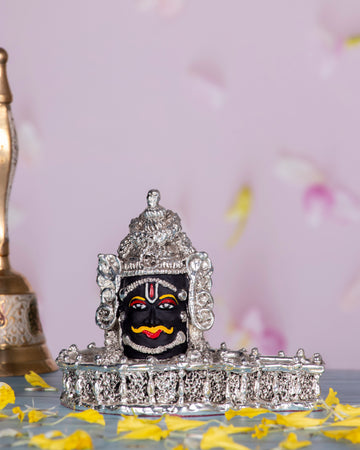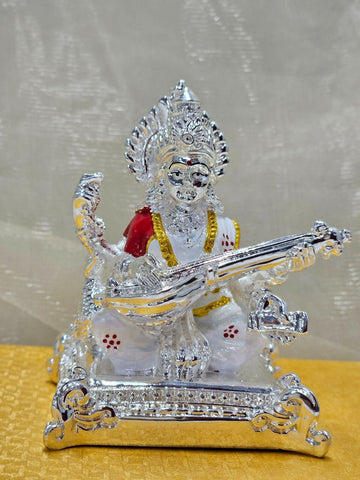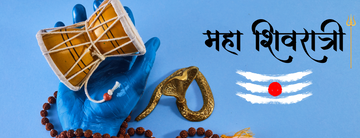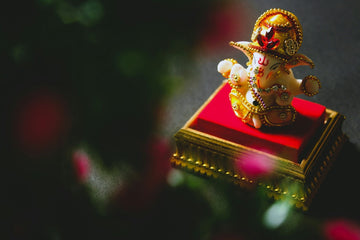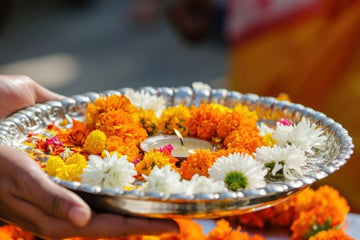Shivratri: A Night of Reverence, Reflection, and Spiritual Awakening
Shivratri, which means "The Night of Lord Shiva," is one of the most significant and widely celebrated Hindu festivals dedicated to Lord Shiva, the destroyer of evil and the transformer in the Holy Trinity (Trimurti) along with Brahma, the creator, and Vishnu, the preserver. It is observed with immense devotion, rituals, and prayers, marking an occasion for spiritual rejuvenation. The festival falls on the 14th night of the new moon in the month of Phalguna (usually February or March), and it’s a day of fasting, chanting, and spiritual awakening for millions of Hindus across the world.
Why Shivratri?
Shivratri is a time to invoke the blessings of Lord Shiva, who is often regarded as the lord of destruction and regeneration. It is believed that on this auspicious night, Shiva performed the cosmic dance of creation, preservation, and dissolution. The night symbolizes the conquest of darkness and ignorance, both internally and externally. As the world embraces the darkness of the night, devotees believe they can connect with Lord Shiva, seeking his blessings for prosperity, health, wisdom, and inner peace.
Shivratri is also considered a day of overcoming evil and negativity, and many devotees participate in spiritual practices to cleanse the body, mind, and soul. Lord Shiva is known as a compassionate deity who shows his devotees the path of enlightenment. The night is symbolic of the victory of good over evil, light over darkness, and truth over ignorance.
Rituals and Practices on Shivratri
-
Fasting and Devotion
Fasting is one of the key rituals of Shivratri. Devotees observe a fast either by abstaining from food or limiting their intake to fruits and milk. Fasting purifies the body, allowing one to focus on spiritual practices and meditation. It is said that fasting on Shivratri helps devotees shed their sins and attain spiritual progress. -
Night Vigil (Jagran)
Shivratri is not just about fasting, but also about staying awake and meditating throughout the night. This tradition is known as Jagran and involves chanting mantras, singing bhajans (devotional songs), and engaging in prayers to invoke the blessings of Lord Shiva. The night vigil is believed to help one remain alert in spiritual consciousness, thus promoting higher awareness and divine connection. -
Worship of the Shiva Lingam
A central aspect of the Shivratri puja (rituals) is the worship of the Shiva Lingam, a symbolic representation of Lord Shiva. Devotees offer water, milk, honey, and bilva leaves (a sacred leaf) to the Lingam, along with chanting the sacred mantra “Om Namah Shivaya.” This ritual is believed to purify the mind and soul, bringing inner peace and spiritual growth. -
Chanting and Prayers
Chanting mantras is an important part of Shivratri. The most common mantra that is repeated by devotees during this festival is "Om Namah Shivaya." This powerful mantra is believed to invoke Lord Shiva’s divine energy and grace. Many devotees also read the "Shiva Purana" or other sacred texts, seeking spiritual insights and blessings. -
Meditation and Self-reflection
As it is a night dedicated to spiritual awakening, many devotees use the occasion to meditate and reflect on their lives. This is a time to pause, look inward, and assess one's journey, goals, and relationship with the divine. In doing so, they seek to align themselves with the higher cosmic energies represented by Lord Shiva.
The Symbolism of Shivratri
Shivratri carries profound symbolism:
-
Victory over Darkness: Lord Shiva is the lord of destruction, but his role is not just about ending things; it's about clearing away what is unnecessary and paving the way for new creation. The darkness of the night on Shivratri represents ignorance, while the devotion, prayers, and fasting symbolize the light of knowledge and wisdom that overcomes this ignorance.
-
Shiva’s Divine Dance: In many traditions, Lord Shiva is seen as Nataraja, the Lord of Dance, performing the cosmic dance of creation, preservation, and dissolution. The rhythmic nature of dance symbolizes the balance and harmony of the universe, a key theme during Shivratri.
-
Transformation: As the destroyer of evil and ignorance, Shiva’s presence signifies transformation. Just as the night brings a transition from darkness to light, Shivratri is seen as an opportunity for personal transformation and spiritual renewal.
Spiritual Significance
While Shivratri is a time for external worship, it is also an opportunity for inner growth and enlightenment. It is a time to surrender to Lord Shiva, reflect on one’s life choices, and invoke divine guidance. By fasting, meditating, and participating in night-long prayers, devotees connect with the divine energies that help them move closer to self-realization.
For many, Shivratri is a reminder to focus on one’s spiritual progress and embrace the practice of devotion, humility, and gratitude. It is an invitation to transform one’s life, purify the mind, and develop a deeper connection with the divine presence.
Celebrations Around the World
Though Shivratri is primarily observed in India, it is celebrated by Hindus worldwide. In places like Nepal, Mauritius, Trinidad, and Fiji, the festival is marked by grand processions, prayers, and communal gatherings. Temples dedicated to Lord Shiva are adorned with flowers and lights, and thousands of devotees gather to offer their prayers.
In Varanasi, the ancient city of Lord Shiva, the festival is celebrated with unmatched fervor, where devotees throng the Kashi Vishwanath Temple. The city becomes alive with music, chants, and prayers, as devotees gather to honor Lord Shiva.
Conclusion
Shivratri is not just a festival; it is a transformative experience, offering individuals an opportunity to seek divine blessings, engage in deep spiritual practice, and embrace self-reflection. Whether through fasting, chanting, or meditation, devotees dedicate themselves to Lord Shiva, the destroyer of ignorance, and seek guidance for inner peace and enlightenment. As the night progresses and the darkness of ignorance fades, the light of wisdom shines bright, guiding each soul toward a path of higher consciousness and spiritual awakening.
Explore our collection of Shiva idols at Zaariya, meticulously crafted to elevate the spiritual ambiance of your home or car dashboard. Let Shiva’s divine presence bring peace, love, and grace into your life, as you keep his spirit in your daily surroundings.
May this Shivratri bring peace, love, and divine blessings into your life. Om Namah Shivaya!
